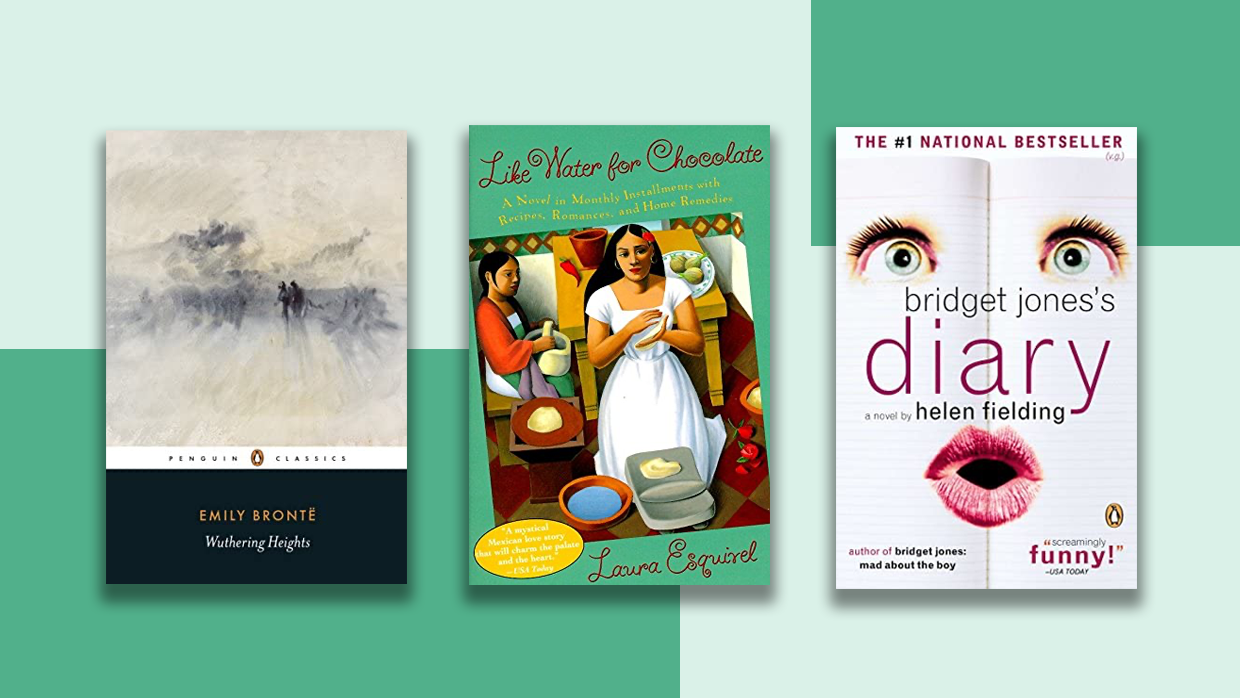I had the title for All That Life Can Afford before I’d written a word of it. I pinched it from a Samuel Johnson quote: “When a man is tired of London, he is tired of life; for there is in London all that life can afford.” It was 2021, the second year of the pandemic. Stuck at home, I was dreaming of a book set in London: the rainy, gray, fairy-tale city that had been home for a few years in my twenties.
I was then, as the Brits would say, skint. The city had everything to offer, just as Johnson had promised, but I could only afford a small slice of it. Instead, I passed in and out of charmed lives, teaching SAT prep to students who could afford anything. I taught classes at posh cliffside-castle boarding schools. I tutored teenagers in palatial townhomes, five-star hotels, a mansion in Switzerland. Afterward, I’d return to my shabby North London flatshare, more mice than square footage, and call my sisters back home to tell them all about it.
When I first tried to imagine what this book might be, I stuck close to memory—like the day I pushed through a revolving door at the famous Savoy Hotel. My new student waited upstairs, but I spun slowly on the gleaming checkerboard tile, taking in the lobby, its arches and columns and glamorous guests. It was everything I’d hoped London would be—exhilarating, romantic, grownup, like the lives I’d read about in books. But I felt like Elizabeth Bennet touring the Pemberley estate in Pride and Prejudice: embarrassed to be caught touristing inside other people’s real, everyday lives.
I was lucky to live in London long enough to make my own real, everyday life. Lucky to have friends and family to ground me whenever I felt my sense of self or reality or scale slipping. Your early twenties are such a tender time; everything feels possible, but also just out of reach.
And so I began to imagine a different skint tutor stepping into The Savoy’s tiled lobby—Anna, twenty-two, without anything to ground or tether her. Eager to leave her past behind, like a revolving door she could step through. But why?
Since losing my mom in 2017, I’ve known that grief isn’t just about missing the person who died. You also miss the person you were with them, to them, for them. It’s a kind of self-estrangement. What would Anna do, to heal a wound that deep?
She would do anything.
And that gave me permission to let her loose on London, and Saint-Tropez, and Lisbon. I handed Anna my favorite places, books, and experiences from those years, and she remade them: traveling to beautiful villas with beautiful people, falling for the wrong man and the right one too, making honest (and increasingly not-so-honest) mistakes, hustling to hold onto that storybook world. She opened up the parts of London—and life—you can only afford to visit in fiction.
I loved every messy minute. I hope you will too.



